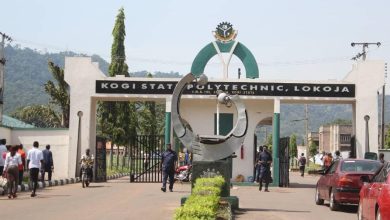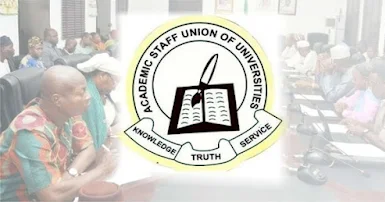Edo State Unveils Digital Platform to Transform Teacher Management and Boost Education Transparency
Edo State launches TMIS platform to boost transparency and digital management in education sector.
Officials receive training on new system aimed at improving teacher data, deployment, and school performance.
The Edo State Government has introduced a digital initiative, the Teachers Management Information System (TMIS), aimed at modernizing education administration and promoting transparency across the state’s schools.
The launch, which began with a four-day capacity-building workshop in Benin City, is being hosted by the Ministry of Education in collaboration with BBGNSURF Technologies Ltd and supported by UNICEF. The training is designed to equip education stakeholders with the skills to manage and monitor teacher records, deployment, and performance using advanced digital tools.
Permanent Secretary of the Ministry, Mrs. Edith Ebomoyi, who represented the Commissioner for Education, Dr. Paddy Iyamu, lauded Governor Monday Okpebholo for championing the digital transformation of the education sector. She described the TMIS as a “critical step” in advancing transparency, accountability, and evidence-based decision-making in school management.
The TMIS integrates biometric verification, geo-tagged data from schools, and real-time analytics, providing a robust platform for managing education personnel and ensuring policy compliance. With this system, Edo becomes one of the few states pioneering digital innovation for education sector reform.
Facilitators from BBGNSURF Technologies, Auwal Abdulmumin and Ibrahim Hamisu, guided participants through interactive sessions, showcasing features of the TMIS platform and its applications in field operations.
Director of Planning and Research in the ministry, Mr. Gabriel Oriri, highlighted the platform’s potential impact. “With TMIS, we are redefining how education systems should be managed,” he said, adding that the state is setting a national benchmark in education reform.
Participants at the training include ICT desk officers, principals, zonal heads, and senior education officials, who will act as key facilitators in the state-wide implementation of the system. The inclusive training ensures that the benefits of the platform will be evenly distributed across urban and rural areas.
TMIS is expected to enhance the accuracy of teacher data, improve deployment efficiency, and strengthen the government’s ability to track school performance. It is also anticipated to play a crucial role in informing future education policies and promoting accountability within the school system.
Governor Okpebholo’s administration has prioritized digital innovation as a central pillar of its education agenda. The Ministry reaffirmed its commitment to continuous training and inclusion, assuring that no teacher or school will be left behind in the drive for a fully digitized education ecosystem.



